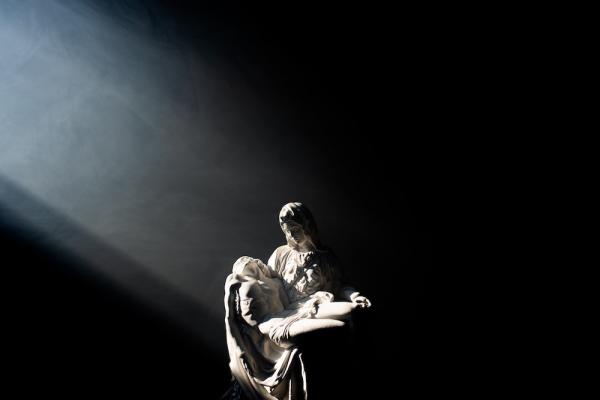Apr 1, 2021
Today begins the Paschal Triduum, the three days leading up to the celebration of Easter and Jesus’ triumphant resurrection. This year in particular, Holy Week is a reminder that we often have to linger in some suffering and struggle in order to fully appreciate the joy of Easter Sunday’s deliverance and liberation.
Read the Full Article

Already a subscriber? Login
